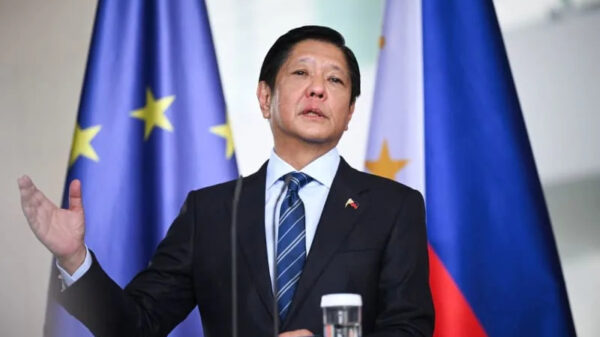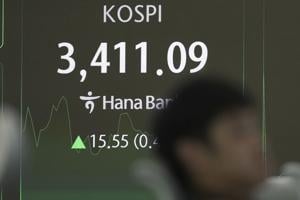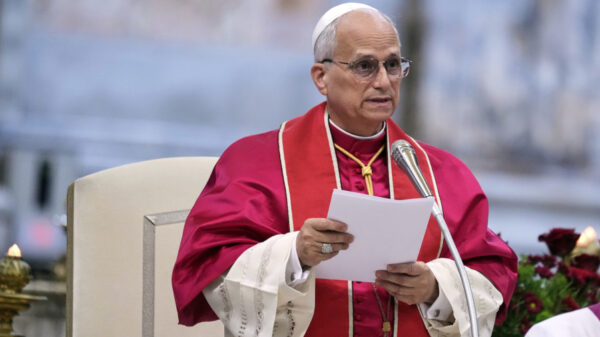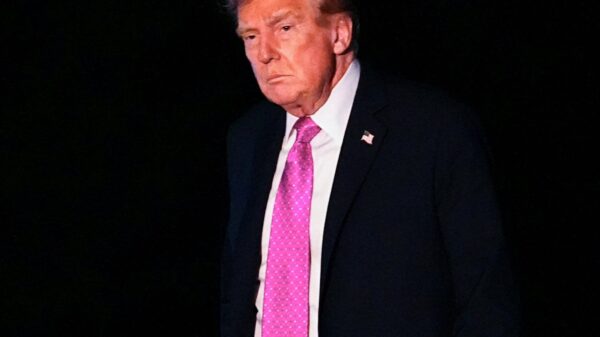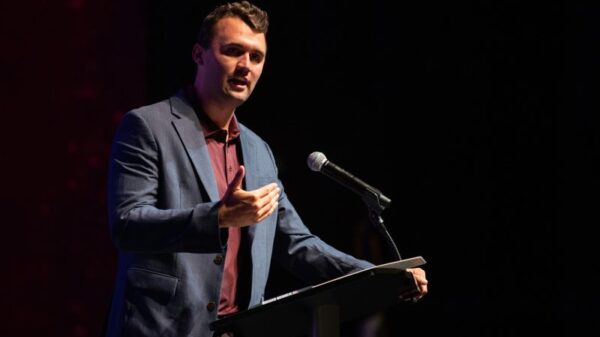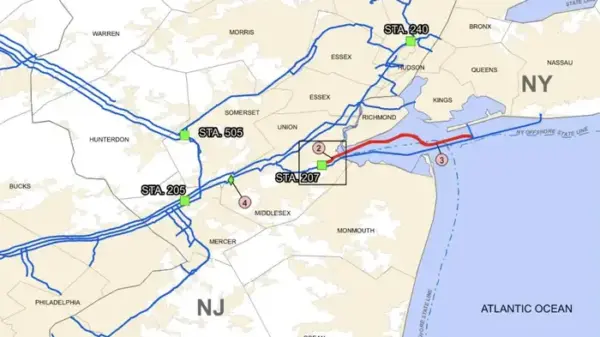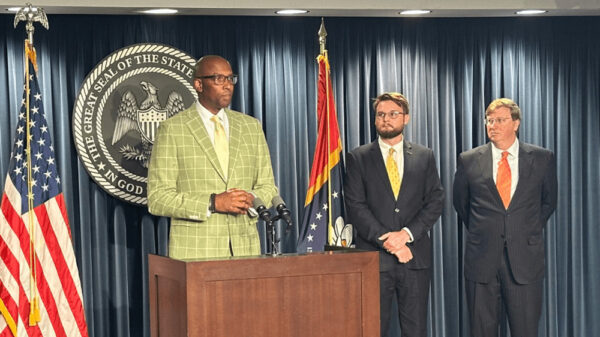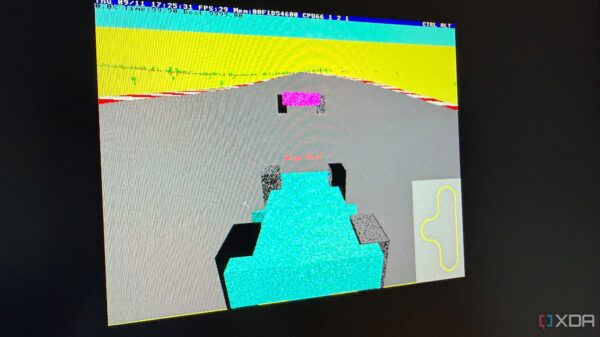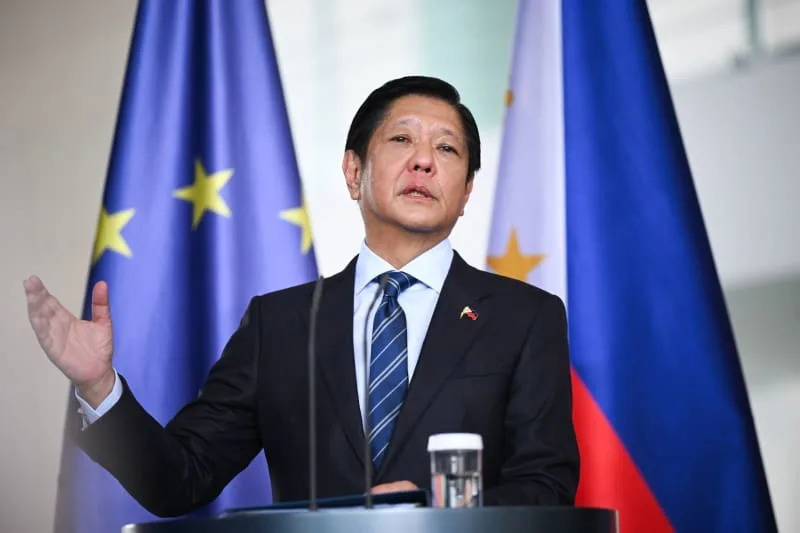Philippine President Ferdinand Marcos Jr expressed his understanding and support for ongoing protests against alleged corruption linked to multi-billion peso flood-control projects. Speaking on Monday, Marcos reassured the public that he does not anticipate the demonstrations escalating into violence akin to recent riots in Indonesia. He acknowledged that public anger is justified and cautioned that failure to address these issues could lead to heightened tensions.
“Do you blame them for going out into the streets? If I wasn’t president, I might be out in the streets with them,” Marcos told reporters. His comments reflect a deep concern for the allegations surrounding the flood-control projects, which involve irregularities amounting to over 500 billion pesos (approximately $9 billion). Investigations by the Senate and House have revealed issues including “ghost” projects and substandard work, particularly in areas now experiencing severe flooding.
Marcos also highlighted claims from whistleblowers suggesting that various legislators received kickbacks from contractors involved in these projects. In light of these allegations, he announced the establishment of an independent commission to investigate the matter thoroughly, asserting that no individual will be exempt from scrutiny.
The President encouraged Filipinos to express their grievances openly, stating, “Let them know your sentiments, let them know how they hurt you, how they robbed you. Shout at them, do whatever you want, demonstrate — just keep it peaceful.”
While the protests have so far been relatively small, with the largest gathering drawing around 3,000 students from a state university in the Manila region last Friday, organizers are calling for larger rallies in the coming days. One significant event is planned for September 21, which marks the anniversary of the declaration of martial law by Marcos Jr’s father in 1972.
As the situation develops, the government faces increasing pressure to address the allegations and restore public trust. The formation of the independent commission is seen as a critical step in ensuring accountability and transparency in the wake of these serious allegations.






